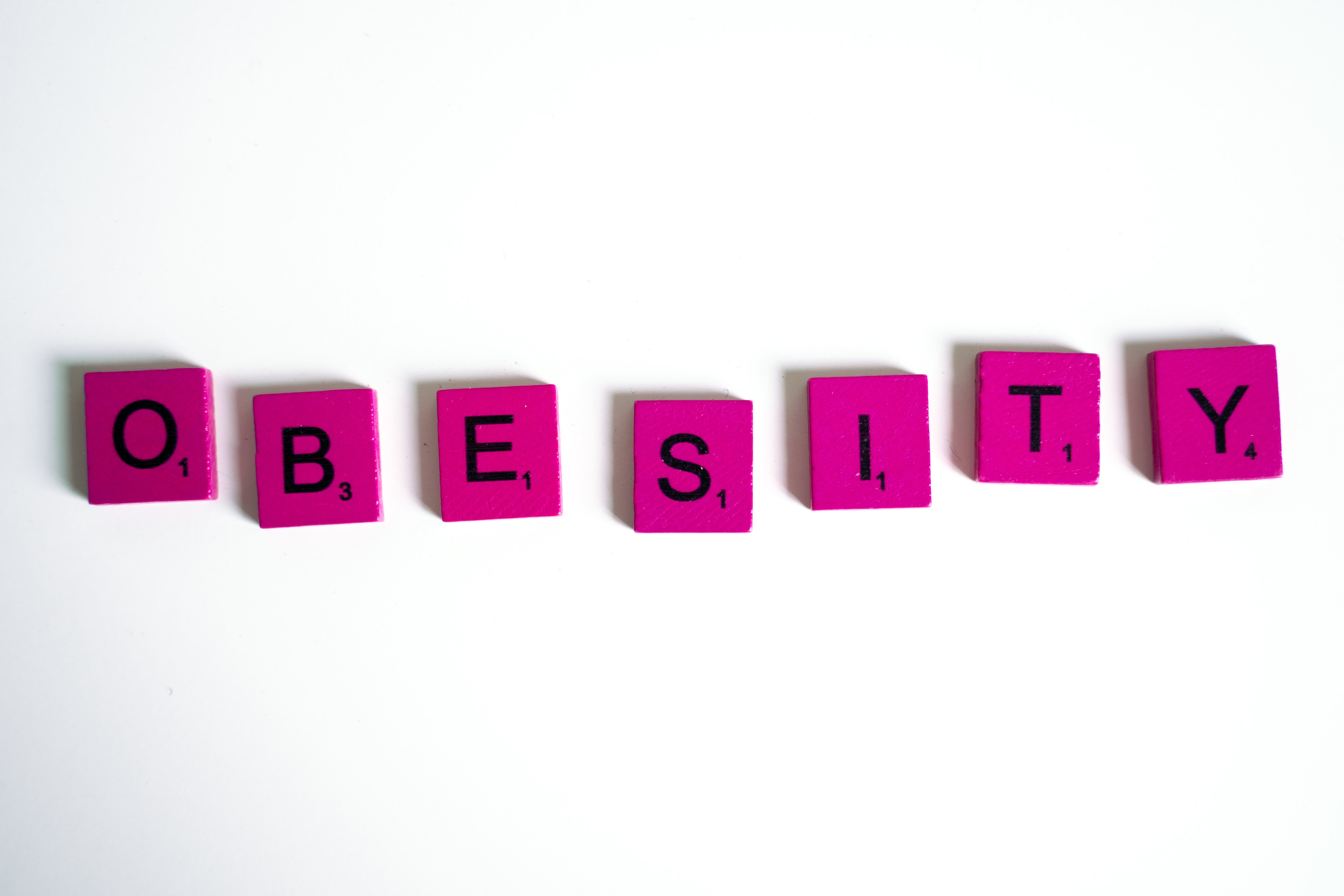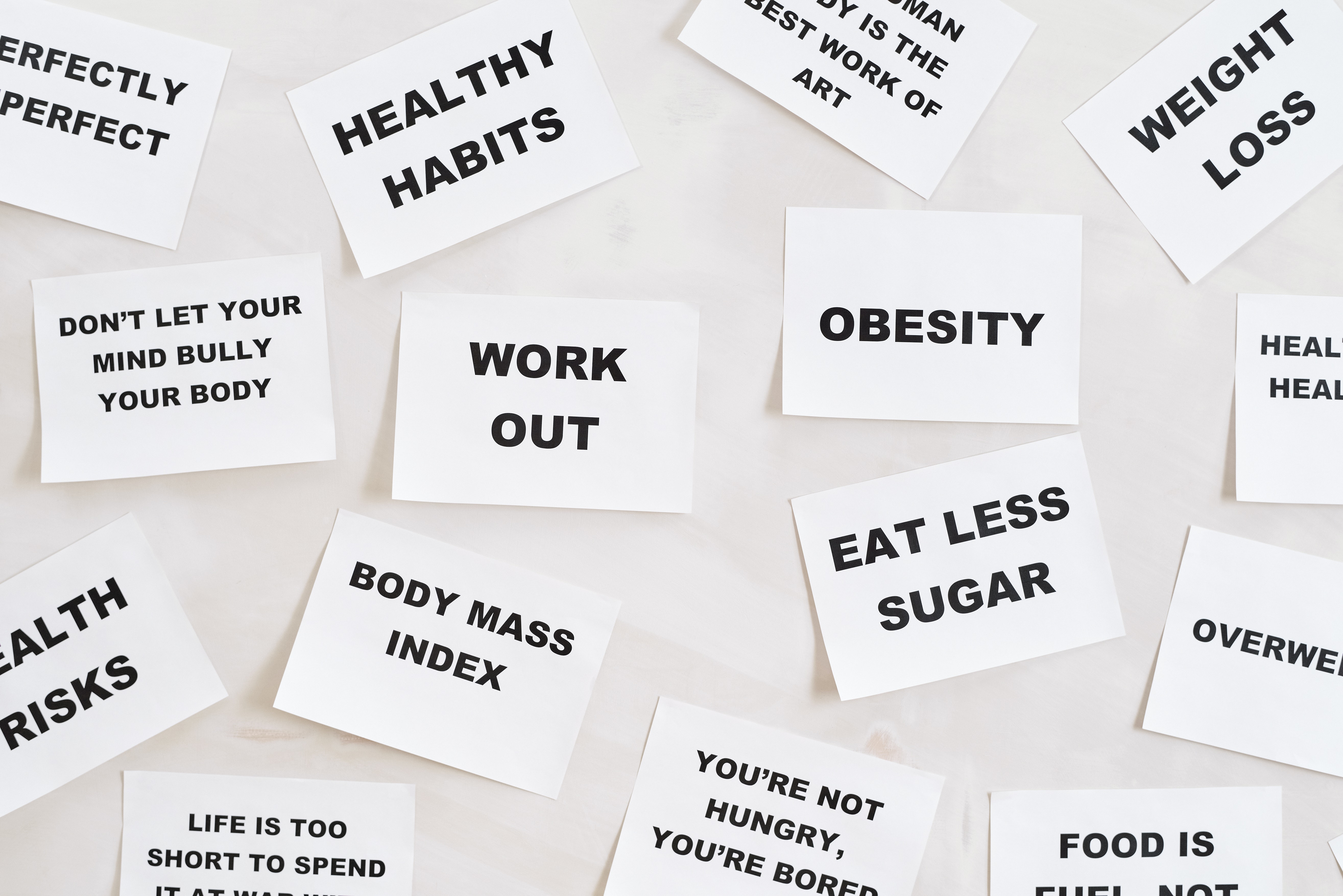Is Obesity A Disease?
In my last post, I shared what I know about the anti-obesity drugs that are coming on the market and my thoughts on safer alternatives. I received  quite a bit of feedback from readers, one saying “this is brilliant. I’m so glad you wrote this. I will admit I explored these myself. I decided a while ago it wasn’t worth the risk and this just confirms that.” Another, a medical doctor said “I just completed a 38-hour review course on General Internal Medicine for Specialists. We had sessions on obesity, diabetes, heart disease, etc... They advocated lifestyle changes as step one to reducing “unhealthy weight"; then adding professional counseling if this does not result in a 5% reduction in 3-6 months. Then just 3-6 months in Step 2 with a rapid transition to Step 3 - drugs! Then 3-6 months with drugs before going to Step 4 - operation! I thought this very aggressive since it can lead to an irreversible operation within a year! If I were treating patients, I would allow 1-2 years in Step 2, looking for at least a 10% weight reduction. I would include aggressive Cognitive-Behavioral Training as well as Nutritionist counseling in Step 2.”
quite a bit of feedback from readers, one saying “this is brilliant. I’m so glad you wrote this. I will admit I explored these myself. I decided a while ago it wasn’t worth the risk and this just confirms that.” Another, a medical doctor said “I just completed a 38-hour review course on General Internal Medicine for Specialists. We had sessions on obesity, diabetes, heart disease, etc... They advocated lifestyle changes as step one to reducing “unhealthy weight"; then adding professional counseling if this does not result in a 5% reduction in 3-6 months. Then just 3-6 months in Step 2 with a rapid transition to Step 3 - drugs! Then 3-6 months with drugs before going to Step 4 - operation! I thought this very aggressive since it can lead to an irreversible operation within a year! If I were treating patients, I would allow 1-2 years in Step 2, looking for at least a 10% weight reduction. I would include aggressive Cognitive-Behavioral Training as well as Nutritionist counseling in Step 2.”
Using just this sampling of responses to my newsletter, it made me step back and ask the question - Is obesity a disease?
Modern medicine now defines it as such. I understand that obesity is linked to a number of diseases: high blood pressure, heart disease, sleep apnea, Type II diabetes, and some forms of cancer. But is obesity itself a disease, or is it a condition that is the result of chronically poor nutrition?
Let me define what chronically poor nutrition and resulting weight issues look like to me:
1. a regular diet of low-nutrient high calorie foods, leads to chronic hunger
2. constant dieting, trying restrictive diets that tip essential nutrients out of balance with a goal of rapid weight loss, resulting in loss of muscle mass and altering metabolism
 3. snacking, especially when it takes the place of meals
3. snacking, especially when it takes the place of meals
4. overindulgence in refined sugar and white flour
5. absence of vegetables, fruits, whole grains, nuts, beans/legumes, and/or lean meat
6. nighttime eating
7. insufficient intake of water
8. loneliness
9. boredom
10. anxiety
11. unmanaged stress
So you see, nutrition and weight are not just about food. No question, nutrition, and weight issues are complex. That’s why in my work I begin with the food part, looking to stabilize eating practices to three nourishing meals each day. But the deeper work needs to be done too. How do you take care of yourself? Is it just outward appearances, or do you give yourself enough rest, social connection with people you care about, and time for the things you enjoy? Do you get outside in the daytime to listen to the birds, look at the sky, and just be?
I worry that people who only focus on the idea that weight loss is the answer will succumb to the intense marketing of obesity drugs you will see this year. It looks so simple, until you look at the fine print of side effects and the need to remain on the drug indefinitely or the lost weight will return. Time magazine has again brought some of the serious issues related to these drugs to light.
Don’t blame yourself - when was the last time you saw an ad for broccoli? Or carrots?
Obesity is not the result of laziness or gluttony, it’s the failure of our government to make nutrition education a priority, all the while subsidizing the  food industries that produce inferior foods and charge a lot of money for them. By calling obesity a disease, it suggests that people are helpless when what we really need is better affordable food choices at the market and comprehensive education on food and the basics of meal preparation. We need public service announcements and community organizations that teach shopping and cooking skills.
food industries that produce inferior foods and charge a lot of money for them. By calling obesity a disease, it suggests that people are helpless when what we really need is better affordable food choices at the market and comprehensive education on food and the basics of meal preparation. We need public service announcements and community organizations that teach shopping and cooking skills.
In the meantime, don’t put your health and happiness at risk by obsessing over your weight. You are unique, the result of your anatomy, your food, and how you care for yourself. That’s where your power is.
Meryl Streep - Wise Woman
I had the honor of speaking at the MA Conference for Women in 2017. Meryl Streep was a keynote. Here’s what she said about weight: “Don’t worry about your weight.” “It’s a big waste of time. When I think about how many years I’ve wasted thinking about that subject, it’s just idiotic. And we lose so many genius people and their genius ideas because they are looking in the mirror and saying ‘Oh my God, my ass is too big'”
The audience of 11,000 women erupted. I hope you just did too.
 BIO:
BIO:
As an author, speaker, and coach, Peg brings her expertise in nutrition, stress management, aging well, and a healthy lifestyle into every client encounter and speaking engagement.
Peg has been leading Corporate Wellness Workshops & Programs and coaching hundreds of clients since 2005. Her expertise and passion for well-being and lifelong wellness is infectious and inspire individuals to prioritize their health through a series of actionable steps, creating a ripple effect that transforms lives.
Her life changed 25 years ago when she saw her health suffer from too many white flour products and sweets. The rapid improvement she experienced simply by changing her food prompted her to begin a lifelong study of the power of food to change lives.






